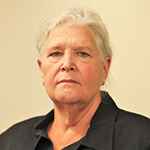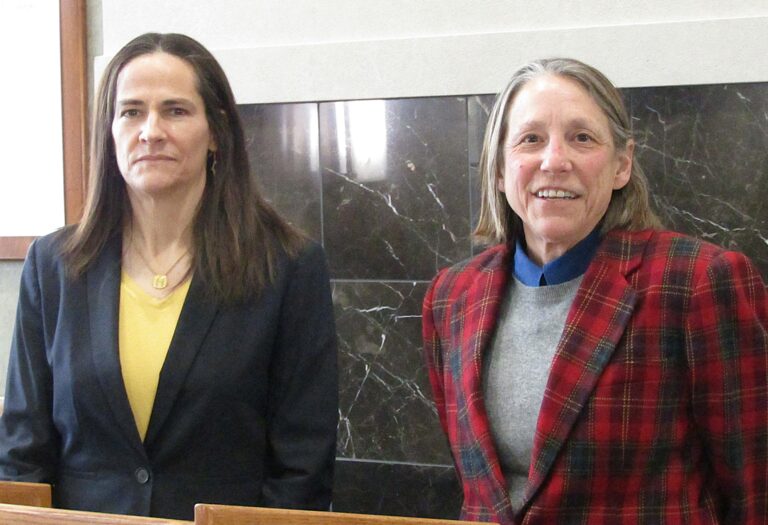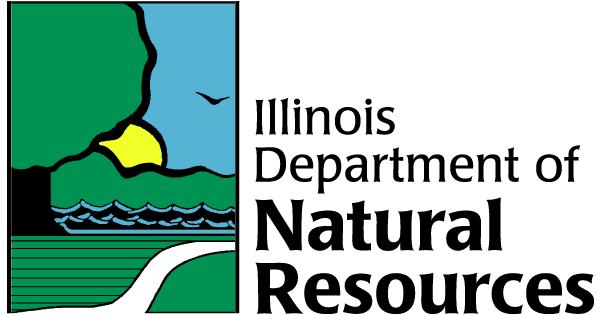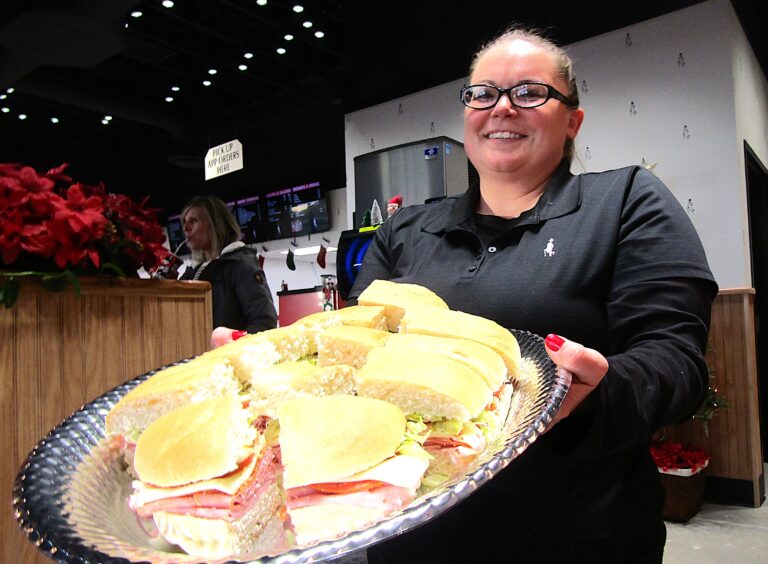$15M waste transfer station advances for empty Moline industrial park
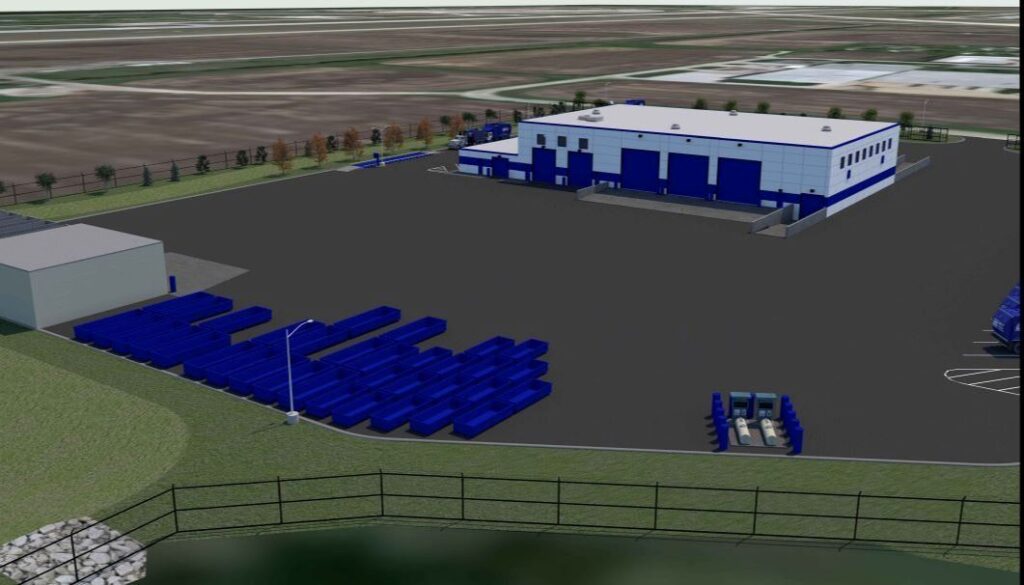
This is a rendering of a Lakeshore Recycling Systems waste and material transfer station being proposed for a Moline industrial park south of the Quad Cities International Airport. CREDIT CITY OF MOLINE
Moline leaders are working through the lengthy process required to welcome a waste and material transfer station to a still-empty industrial park created in 2011 as part of a tax increment financing (TIF) district south of the Quad Cities International Airport.
Mayor Sangeetha Rayapati and other supporters are touting the benefits this week of the $15 million, 5,000-square-foot, self-contained staging and recycling center being proposed by…

Want to Read More?
Get immediate, unlimited access to all subscriber content and much more.
Learn more in our subscriber FAQ.
Do you want to read and share this article without a paywall?
